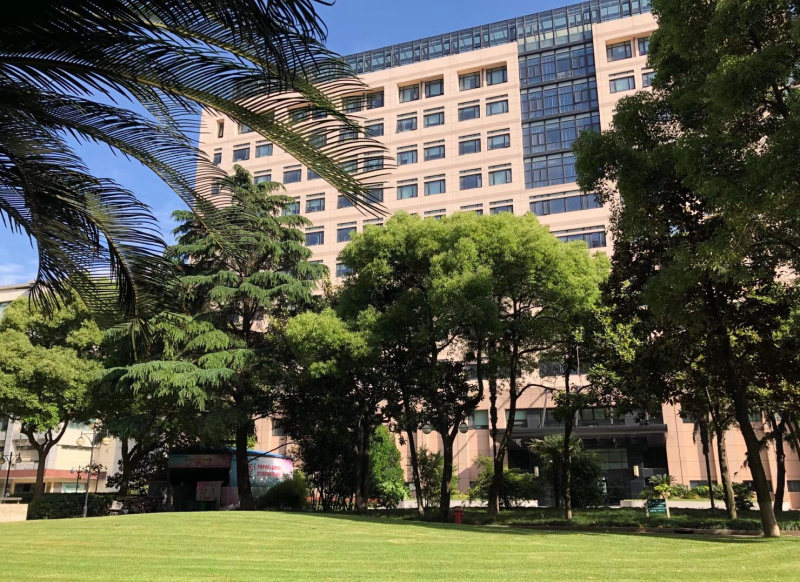Introduction
CAS Center for Excellence in Molecular Plant Science(CEMPS)/Institute of Plant Physiology and Ecology, Chinese Academy of Sciences (CAS) was established by the integration of the former Shanghai Institute of Plant Physiology (SIPP) and Shanghai Institute of Entomology (SIE) on May 19th, 1999. The former SIPP was initially evolved from the laboratory of Plant Physiology, Institute of Botany of the Academia Sinica, which was founded at the town of Beipei, Chongqing on May 1st, 1944. On January 23rd, 1953, Institute of Experimental Biology, CAS, was separated from the Academia Sinica and became the predecessor of SIPP. It was the cradle of plant physiology and biochemistry in China, and one of the pioneer institutions that carried out molecular genetic researches in plants and microbes. Tremendous achievements have been made in the fields of photosynthesis and nitrogen fixation in the early years. Former SIE, one of the main research institutions on entomology in China, was founded in 1959 and once made great progresses in insect taxonomy, physiology, toxicology, co-evolution, pesticide resistance and sex pheromones.

Fenglin Rd. Campus

Caobao Rd. Campus

Chenshan Botanical Garden Campus
The mission of CEMPS is to generate knowledge of plants, microbes and insects through creative research, to train scientists for the future, and to benefit the sustainable agriculture, ecological environments, bio-energy and bio-manufacturing requirements in China. Our research topics include, if not all, functional genomics and physiology, synthetic biology, developmental and evolutionary biology, and biotechnologies by using plants, microbes and insects as model organisms.
By the end of 2020, there are 413 employees working at CEMPS, including 275 researchers, 55 scientific research support staff. CEMPS now has 8 academicians of the Chinese Academy of Sciences and 4 Member of the Academy of Sciences for Developing Countries. A total of 633 students are enrolled, including 226 postgraduate students and 407 doctoral students.
In 2020, the influence factor of Molecular Plant, an international academic journal sponsored by the CEMPS, reached 12.084. At the same time, Plant Communications, a sister journal of Molecular Plant started publication by the CEMPS. And the core influencing factor of Chinese journal Plant Physiology was 1.364.
In the next five to ten years, CEMPS will continue to strengthen its research team by recruiting outstanding young scientists, to improve its institutional managements, and to improve its national and international competitiveness in plant, microbe and insect sciences. The Institute will expand its collaborations with local and international institutions and enterprises for related basic and translational research. In general, CEMPS will devote its efforts to establish itself as a world-recognized institution by reinforcing its both basic and applied research capacities.